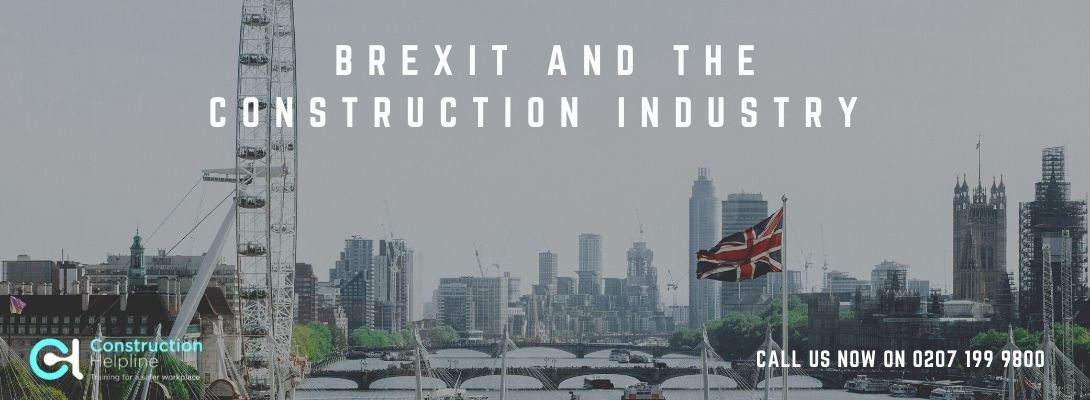As the United Kingdom woke up to the news that the country had voted to leave the European Union, many wondered what the consequences would be for the construction industry. Throughout the campaign, the industry has avidly voiced its views on the outlook for Brexit, with specific concerns on how it might affect worker shortages, material imports and exports, and regulations and legislation. However, it is impossible to accurately predict what will happen in the UK construction industry until a year or two after the UK leaves the EU.
A poll by Smith and Williamson ahead of the referendum found that only 15% of construction executives prefer the UK to leave the European Union. Lord Bam ford, chairman of the JCB, was an outspoken voice in support of Brexit, as it would cut the bureaucratic costs, as well as overpriced exports so much that any additional costs of leaving the EU would be easily covered.
The construction industry must come to terms with the reality of the UK leaving the EU. But what are the possible consequences?
The construction industry is heavily dependent on European labour for different on-site, technical, and skilled construction roles. Organisations and union bodies are worried that Brexit will spark a shortage of skilled construction workers that many construction companies are heavily dependent on. If immigration is limited, especially for skilled workers, UK businesses may experience higher project costs, as well as significant worker shortages when labour demand outstrips supply.
This can have a significant effect on home builders to meet government housing goals, with the potential to increase costs for the housing market and construction companies. This further deterioration in housing construction could deepen the housing crisis, especially in London.
Alternatively, if global investors start taking their money from the UK property market, it could drive down prices and free up investment properties that are currently empty.
Over the medium term, the country can expect higher mortgage rates and lower wage growth to put pressure on property affordability. Large metropolitan cities like London will be hit especially hard, as borrowers have extended their loan payments over longer periods. However, the degree of influence that the real estate market will have on the construction industry will become clearer once the level of housing affordability be revealed.
The Impact on Construction Material Exports and Imports
Meanwhile, 86% of construction companies expect an increase in building materials, 56% of companies expect wages to rise, 56% of companies said they had difficulty hiring carpenters and joiners, and 54% had problems with bricklayers. The builders are tired of prolonged political uncertainty. If this situation continues, we will see a contraction in the construction industry. Companies are losing qualified specialists, which can negatively affect the quality of buildings. Small construction companies are also struggling with rising material prices. Combined with inflation in the labour market, many builders are making very volatile profits, which can lead to bankruptcy and company closure. The government needs to pay attention to the problems in the construction sector and take measures to ensure that investments return to this market.
In conclusion, the lack of free movement between the UK and EU might ultimately cause a scarcity for skilled construction workers, building materials and the possibility of an over inflated housing market. If you are hoping to pursue a career in the construction industry, there are several important nuances to take away from this article. The competitive landscape will be tough. In an uncertain political and economic climate employers and organisations will be hesitant to sponsor low-skilled individuals as the need for highly qualified professionals will grow. That is why it is imperative that you start upskilling yourself now and begin investing in industry-leading qualifications so that you do not fall behind in the curve once the UK is finally out of the EU.


